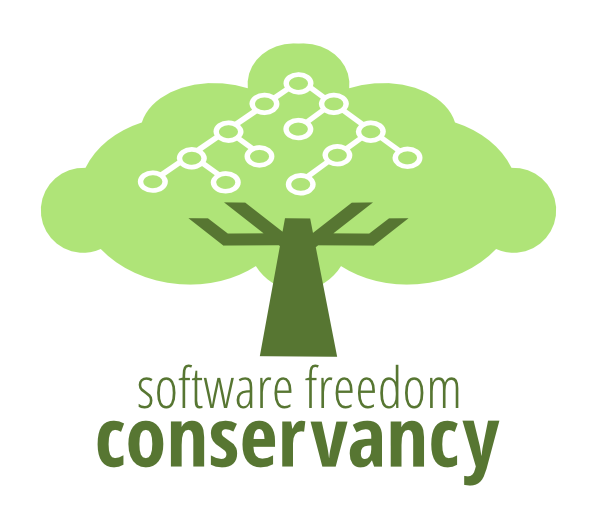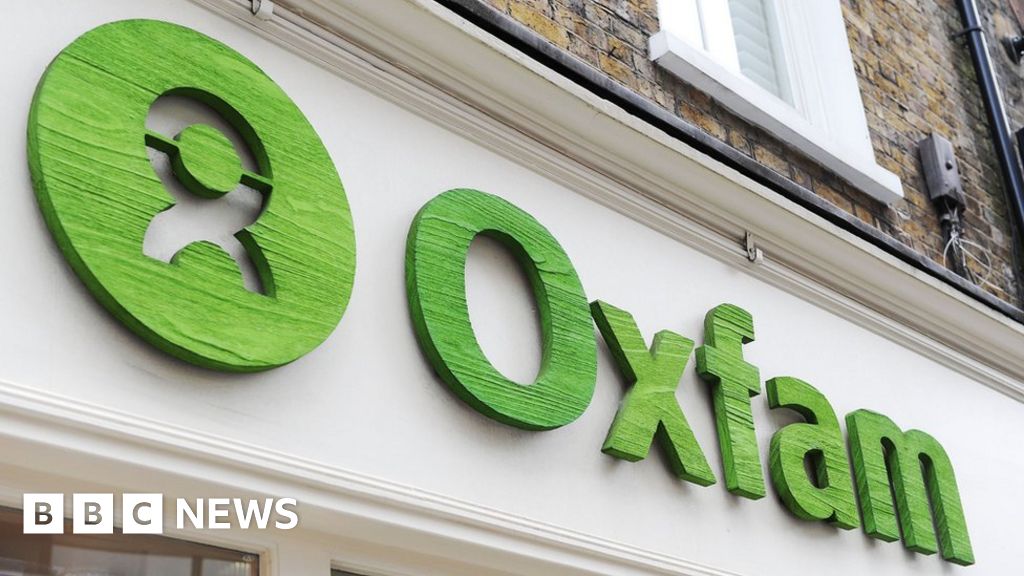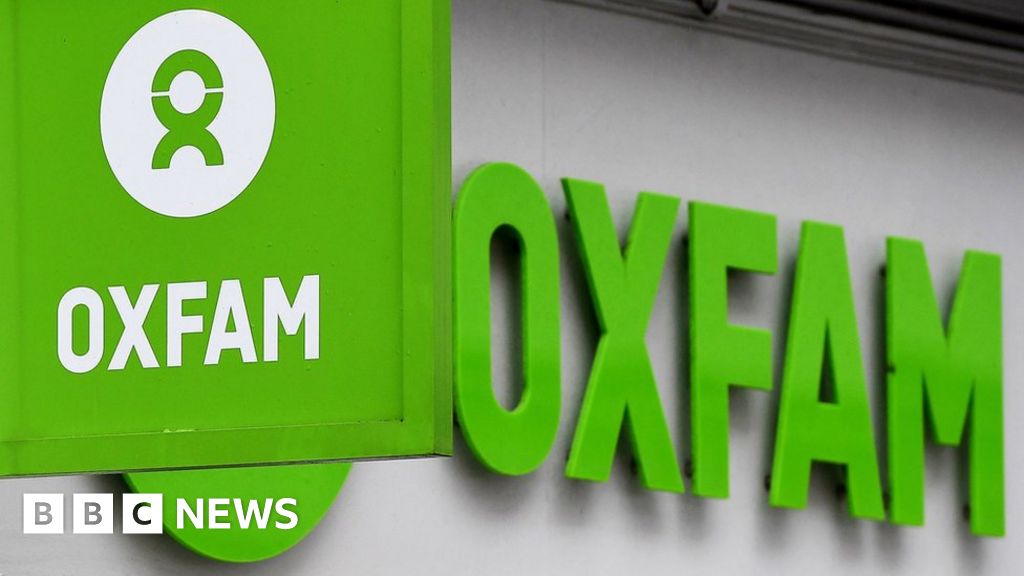I'm sure you'll all correct me when I'm wrong,
I can't. I know nohing of economics and is one of the fields I've never wanted to learn, for me it's just a branch of theology.
The idea behind stock markets is all about democracy and individuals having a choice. Collective decision making. Individuals vote for the companies they think are good by buying the stocks and get to share in this profits (or losses). It's all about decentralization. No single person or entity decides which companies live or die. The idea is that masses will prevail and select the right companies and the crappy ones will be starved of capital and disappear. Great idea. It's was a win-win situation for individual investors and companies sharing funds and profits for decades as stock markets and innovation spiralled upwards.
Things are different now. The vast majority of stocks are owned by corporations and investment vehicles not directly by private individuals. So the democratic argument doesn't hold much weight. Don't get me started about why corporations are throwing cash at the stock markets (lack of R&D ideas & low interest rates - because the tech cycle is waning - face it). Also there is less appetite for the risk associated with long term investing. Average stock holding period is like 2 weeks and then there's all the intra-day trading and HFT driving prices too. So fundamentals like profits, products, management structure, etc. are much less relevant than Elon Musk tweets or just trying to anticipate what other market participants will do. Then there's the stock indexes and massive passive funds, which just focus capital on the biggest names, adding considerably to economic polarization.
So stock markets are broken. Everyone is just trying out group-think everyone else, really.
I've never thought of a time in history when stock markets weren't broken.
I forgot the name, but I think some man won a Nobel Prize on economics on Information Assimetry (sorry, I just had to double that s). Individuals will never have enough knowledge of the market to play, the capitalists will play to plunder them.
The overarching goal is to raise standards of living,
yes
creating jobs and wealth.
No. Wealth is no worry and only acceptable if it helps living.
Jobs are something to eliminate, reduce or endure as a necessary evil for as short as possible.
Living is a goal, working is not a goal, although it's often a mean. It's not wrong that it's a mean, and one shouldn't be afraid of working. But it's terrible to focus on it as a goal. People end up working just for working and wasting their lives to just work.
They basically substitute work for live, because when working others tell you what to do and what to want. But work does not only waste time, and therefore life, it also wastes scarce resources (energy, materials) for things that are often not worth it.
Work should be minimized and welfare maximized.
That needs no argument, everybody does it quite naturally when they get enough power to can.
That is, although, easier said than done.
Keynes thought the benefits of capitalism would no longer be worth the downside of intense competition by approximately 2030. So he was off by a decade or two.
I had no idea Keynes had said that. Not surprising given my ignorance of economics.







